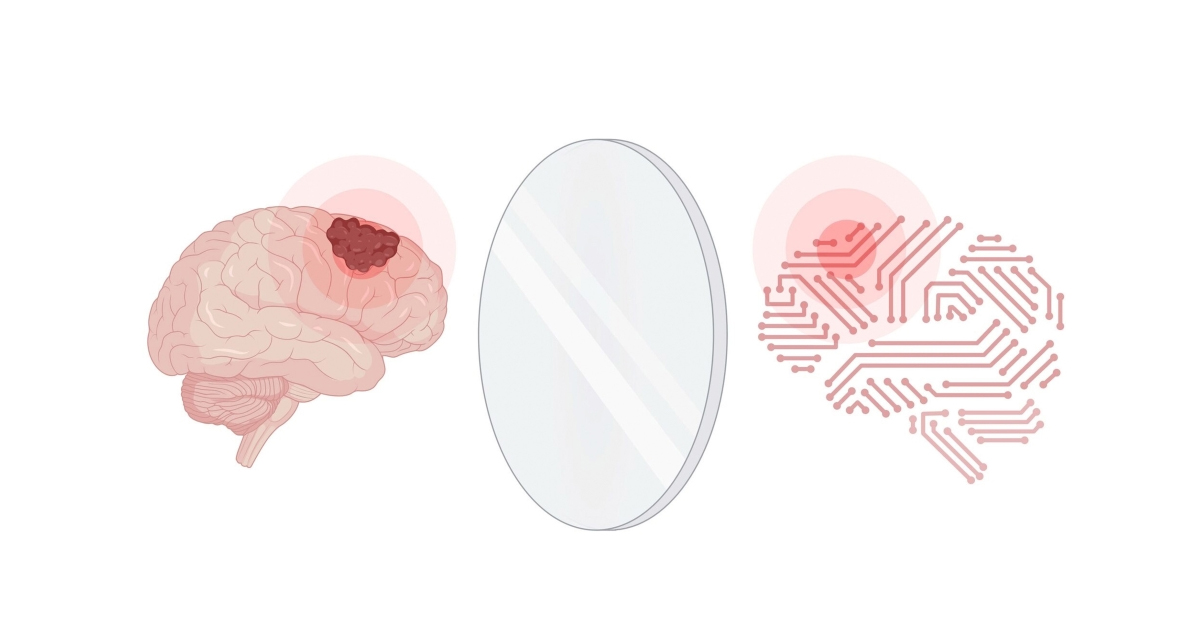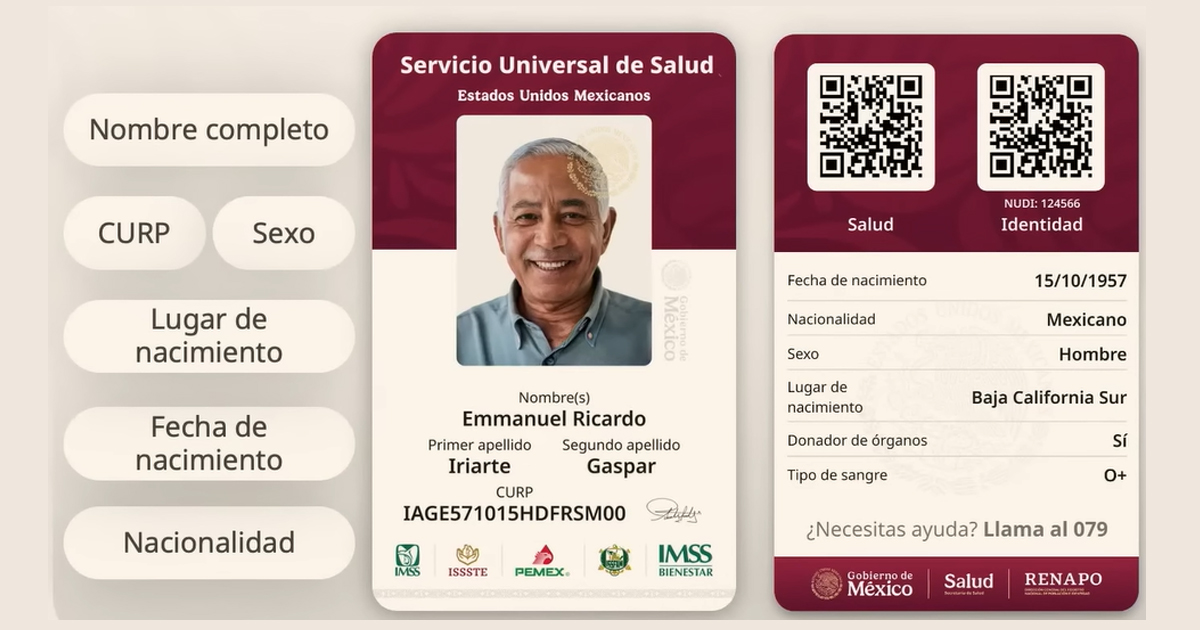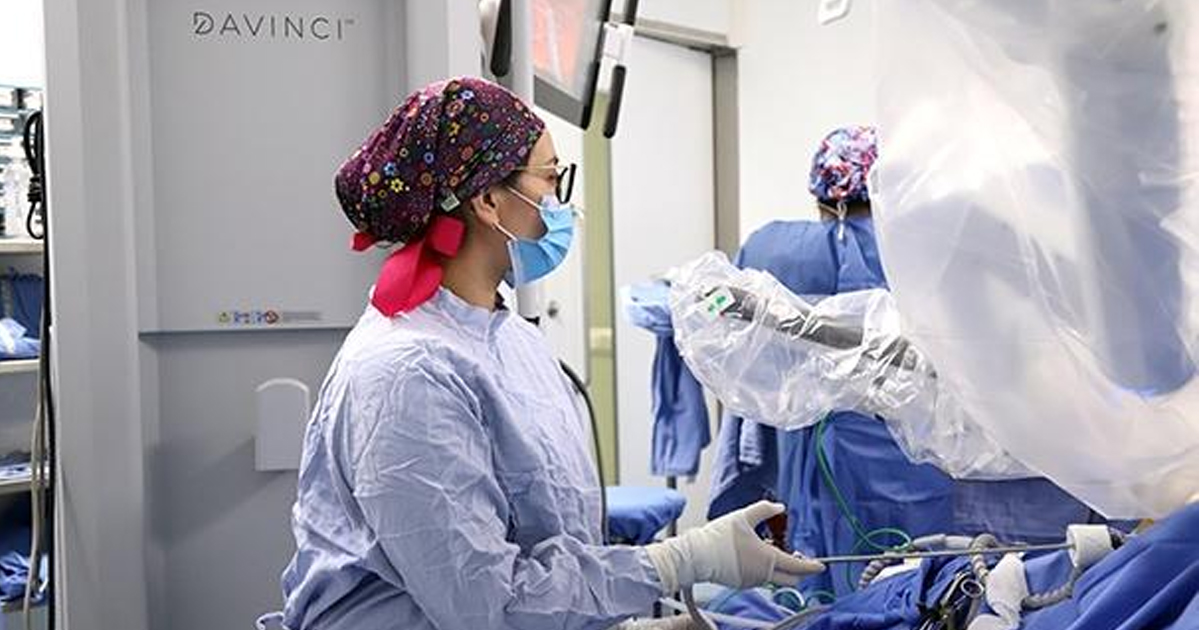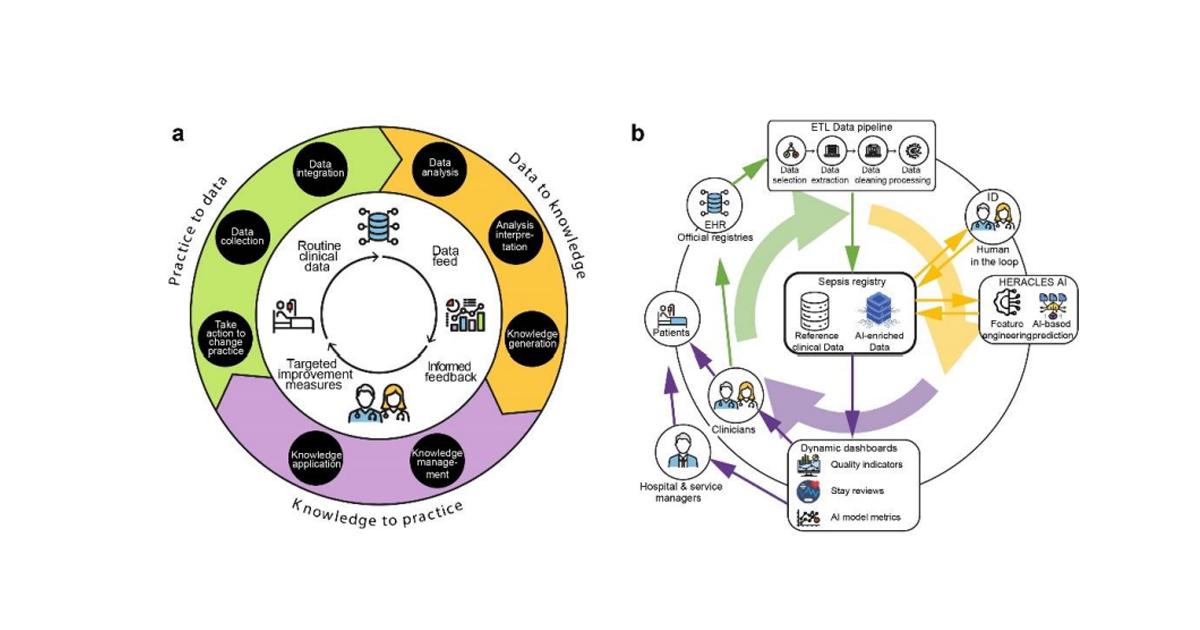Con el incremento en el uso de las nuevas tecnologías móviles, las personas cuentan con más herramientas para conocer su estado de salud, y para llevar un mejor control sobre ella. Su uso se potencializa cuando los desarrolladores escuchan la opinión de los pacientes/usuarios para mejorar y personalizar la experiencia.

Los avances tecnológicos han permitido la producción de teléfonos con colores más nítidos, con una interacción más dinámica mediante voz, texto y video. Por su parte, la evolución de las metodologías de diseño aplicado a tecnologías móviles tiene un solo objetivo: mejorar la experiencia del usuario. Es por esto, que constantemente, en la digital health, se busca incorporar la experiencia de los pacientes a los proyectos o iniciativas del ámbito en las que se están generando avances importantes.
En todo el mundo, han ido aumentando los proyectos centrados en el paciente, pero, sobre todo, se está tomando muy en cuenta su opinión para minimizar los errores, ajustar los métodos y mediciones, y evaluar correctamente los resultados.
Barcelona, sede del Congreso Mundial Móvil GSMA desde hace varios años, es una de las ciudades en las que se han hecho avances importantes y donde existe mayor apertura tanto de las instituciones de salud como de los pacientes para adoptar nuevas tecnologías y tendencias. Un claro ejemplo, es el -XPatient Barcelona Congress- que tendrá lugar el 17 y 18 de septiembre en su cuarta edición, y cuyo foco será dar poder al paciente y al personal de cuidado para evaluar mejor sus experiencias.
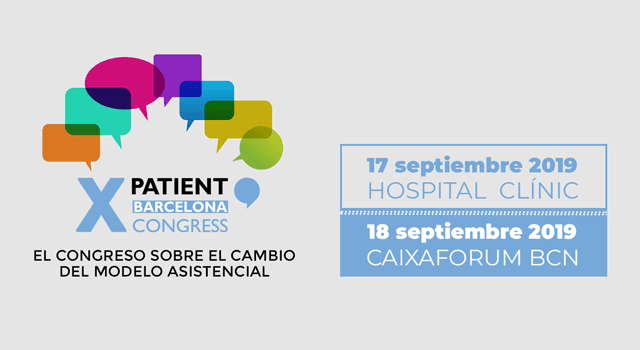
La construcción de una base de datos donde se vierta la opinión de un paciente o usuario del sistema de salud es de la relevancia más alta. Escuchando y entendiendo sus necesidades en salud, la forma en que procesan la información expedida por un médico o enfermera, los mecanismos que utilizan para lograr el apego a un tratamiento, los miedos que tienen a la hora de comenzar a tomar o inyectarse un nuevo medicamento, la forma en que incorporan el auto-cuidado en su práctica cotidiana, son sólo algunos de los ejemplos.
La comunicación efectiva es crucial para la mejora y personalización de servicios. Es por esto que, en la era de la información, la prioridad es escuchar y descubrir qué es lo que los usuarios esperan, lo que realmente funciona y/o lo que los hace más felices, a fin de diseñar intervenciones y servicios de salud que aseguren el apego a su tratamiento en el continuo del cuidado de su salud.
América Latina avanza paulatinamente en la adopción de la digital health. Cada vez más países como Argentina, Chile y Brasil demuestran ser punteros en avances tecnológicos e implementaciones médicas digitales. México por su parte, al ser portador de más de 122 millones de líneas telefónicas móviles, sin duda será un jugador importante, ya que esta penetración de dispositivos facilita los procesos de adopción, y es precisamente lo que puede mantener el crecimiento progresivo en el uso de la tecnología.




